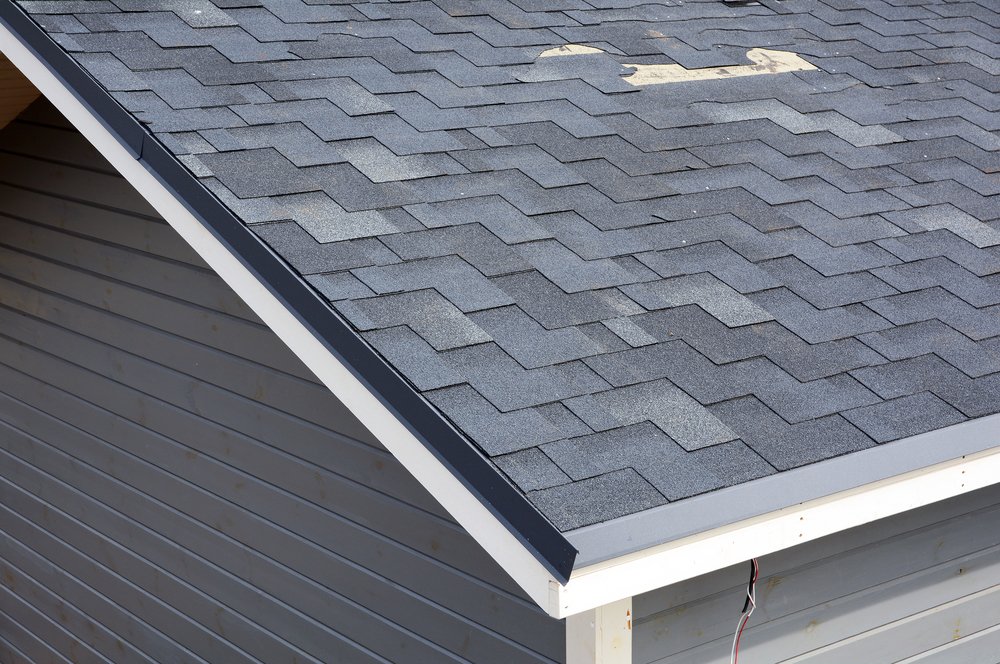Get the Facts About Residential Siding and Winter Weather
Since the dawn of human civilization, winter has been an unrelenting threat against our crops, livestock, and shelters. The siding of the home covers the exterior walls that protect the inside from dangerous weather. Residential siding is made to withstand heavy winds, rain, or snow, but this wears them down over time. In the winter months, freezing cold weather conditions can lead to numerous siding issues that are often difficult to detect for the inexperienced eye. However, every homeowner needs to understand the primary effects winter could have on their home's siding.Holes and Cracks in Siding
Vinyl siding is considerably less flexible and more brittle than other siding materials in freezing weather conditions. It's notorious for cracking if sufficient external force is applied, such and debris being thrown by the strong winter winds. These openings become easy points of entry for melting ice or rainwater. Water can then collect under your siding and refreeze, which causes it to expand until the siding is pried off.Denting in Residential Siding
Unlike other sidings materials that don't experience this problem, aluminum metal siding can easily become misshapen and dented in the winter. Strong, freezing winds can throw projectiles at the aluminum, causing it to bend inwards. If ice is allowed to form on the surface of the aluminum siding, the material will become brittle and even more prone to warping.Water Penetration in Home Siding
Water penetration is the leading risk that every homeowner strives to avoid. It is also the most common problem with siding when the temperature drops. Ice has the potential to build up in between the siding and gutters, then it can melt underneath the siding panels. Left unchecked, this can have a significant negative impact on the wall's structural integrity. Although this problem can affect every type of siding, vinyl siding is most affected because the material must be constructed using large gaps for contracting and expanding.House Siding with Loose Panelling
In certain regions, the forceful winter winds are constant and sometimes strong enough to pull up shingles. Wind can also dislodge full panels, especially light materials such as aluminum and vinyl siding. If you ever notice that your siding is loosened or hanging out of place, it should be repaired immediately. If water is allowed to collect behind them, it could find its way into the home's interior and soak into the insulation.Siding that is Rotting
Wood siding is beautiful, timeless, and the best at insulating, but it still is affected by winter conditions. If the wood siding is exposed to a significant amount of moisture over time, it will soak it up and expand. This causes the material to warp, and it becomes increasingly difficult to work with as the winter exposes the siding to cold moisture nearly twenty-four hours a day. The most effective way to avoid these issues with expensive wooden siding is by having a professional inspect it throughout the year. They can spot early signs of rot or leaks.
All of these issues are manageable by taking a walk around your house every once a month or so and visually inspecting your siding. If you see something that resembles any of the above issues, call a professional for a thorough inspection. Catching issues early almost always saves money.
Amos Exteriors is here to help! Contact us today and we can give you a quote on repairing or replacing your home's siding.
Subscribe to Amos Exteriors's Blog






Comments